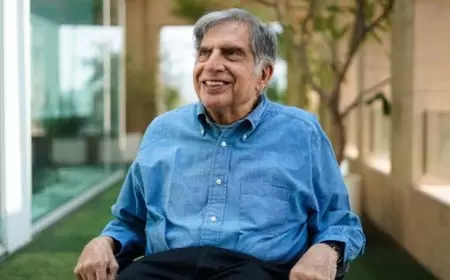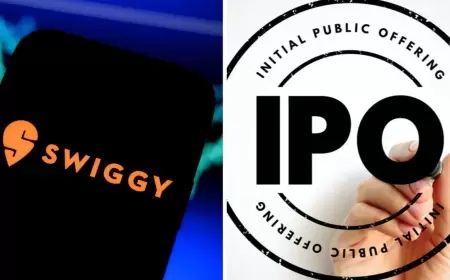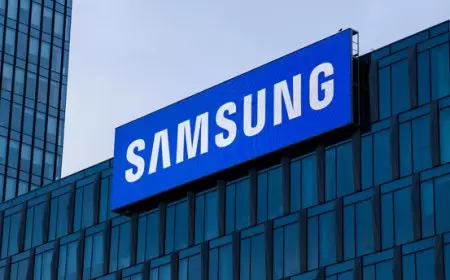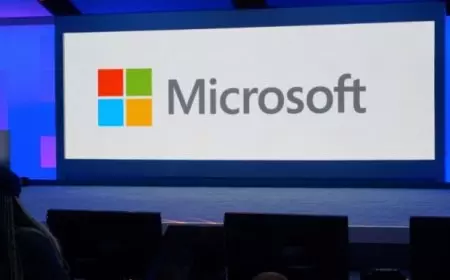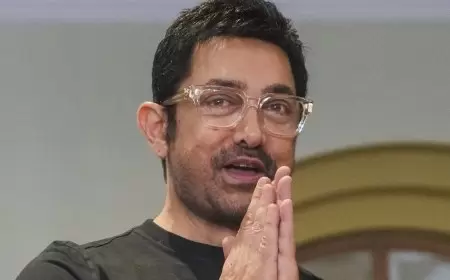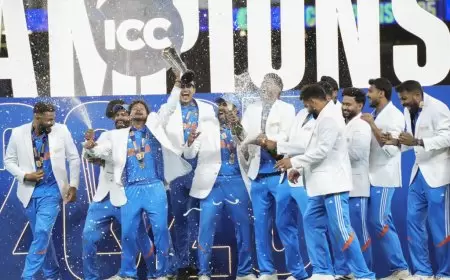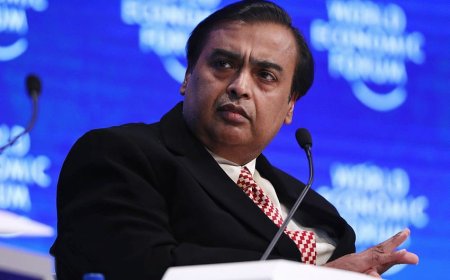Ratan Tata: A Titan of Indian Industry
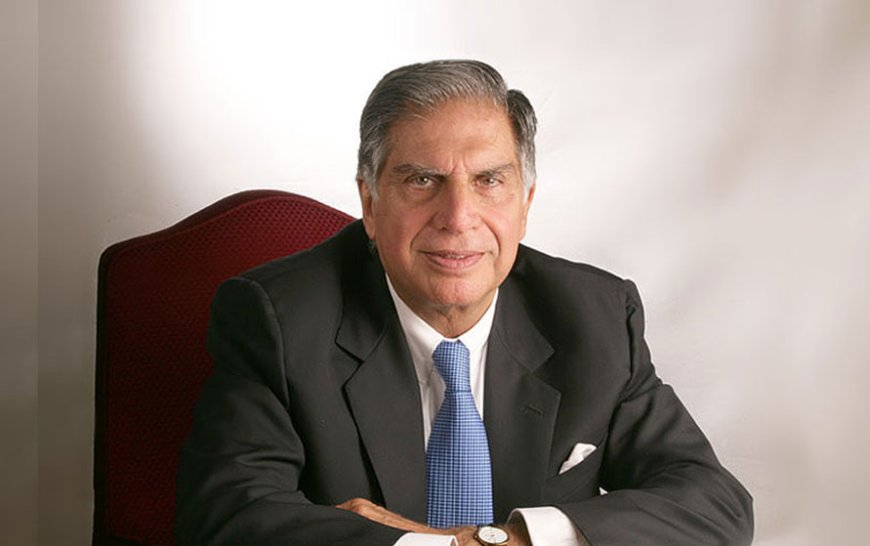
Born in Mumbai, India, on December 28th, 1937, Ratan Naval Tata has been identified with the Indian economic increase. This person steered Tata Group for twenty one years, converting it from being a well-thought-out local business into a universal one, of which it remains among the largest in India. This biography examines the life and legacy of such a great man, showing his progress from being a shy kid to becoming an esteemed entrepreneur.
Early Life and Education:
Ratan Tata's early life was characterized by feelings of being out of place. He was born in Mumbai with his naval father and soon-to-be mother before they separated while he was young. Raised by his grandmother, Navajbai Tata with much love as she is prominent for being a strong-willed and resilient individual, he learned independence at an early age because this was going to be vital for success in life.
Ratan completed his higher education in Mumbai and Shimla, in the United States. His father had established an architectural institution where Golab attended his elementary education before proceeding to higher learning at Campion and Bishop Cotton Schools, respectively. Ratan studied Architecture Honours in B.Sc from Cornell University before heading back to India when he finished. He worked in Los Angeles as a practicing architect for some time amongst other engagements before going back to his motherland because he wanted to follow in his parent’s footsteps, whose undertakings had been so great within that particular field.
Entering the Tata Fold:
Ratan was not employed in the usual way. He was not selected at first, as he did not possess appropriate skills, by the Tata Iron and Steel Company (TISCO). However, he managed to secure a position at Tata Electric Mills (TELCO) in 1962. Working here, he began his career as a trainee, grasping everything about the car-making process. Soon enough, the company acknowledged his hard work and commitment.
It took Ratan a bit of time to climb the corporate ladder at Tata Group but once he got there, he remained committed with a clear grasp of business intricacies and a talent for leading people. He grew through more difficult tasks until he managed central programs such as introducing the famous Indica, the first Indian-owned car for passengers.
Taking the Helm:
In 1991, Ratan Tata was challenged beyond his wildest dreams: he was supposed to be the next Chairman of the Tata Group after the renowned JRD Tata relinquished the throne. Having turned it into a revered national behemoth, JRD Tata placed a mammoth duty on Ratan: to initiate growth and worldwide penetration into markets whose existence even seemed utopian.
Leading with Vision and Values:
"Ratan Tata was a visionary, humble leader who respected the essential values of the Tata Group: social responsibility, integrity, and trust. He diversified and acquired famous brands such as Tetley Tea, Corus Steel, and Jaguar Land Rover. As a result, the company's business expanded globally, demonstrating its increasing international recognition."
Beyond Business: Philanthropy and Social Impact:
Ratan Tata’s legacy goes beyond businesses. He is ardent about championing social responsibility, has initiated several charitable projects, and co-founded the Tata Trust, among other things. These trusts are among India’s biggest donors focusing mainly on education, health care, and rural development. His dedication to social improvement has won him great respect and honor.
Challenges and Controversies:
Although he accomplished quite a bit, Ratan Tata had some challenges during his time. One of these was when the Nano, a very cheap car intended for India, had initial production and promotional troubles. In addition, they were affected by the global depression that occurred in 2008.
Stepping Down and Beyond:
In 2012, Ratan Tata stepped down as Chairman of the Tata Group and handed over the reins to Cyrus Mistry with the sense that it was time for him to move on after serving his purposeful years at Tata Sons Ltd.; however, this stepping aside was not a full stop because even without being officially engaged at Tata Sons Ltd., he still took time off from his routine duties there so he could mentor other new generations entrepreneurs as well as put his money where his mouth is—sometimes even mingling among them whom he gave life-changing support from moral perspectives while they were still struggling with life. He also played an active role in policy-making advocating for changes that would help reform India's economy.
A Legacy of Excellence:
Ratan Tata was a person who showed how hard work, vision, and commitment can change one’s life. This person used to be respected throughout the world of business due to what he did with his company within a few years after it had been founded, turning it into an enormous organization that covered different parts of the world’s economy. But most importantly what he embedded into his firm was that it became socially responsive; therefore; many other organizations have taken it as an example.
Key Takeaways from Ratan Tata's Journey:
• Early influences: Ratan Tata's upbringing under his grandmother's care instilled in him the values of self-reliance and determination, which shaped his leadership style.
• Importance of learning from the ground up: Even though he held a degree in architecture, Ratan's initial entry into the Tata Group involved working on the shop floor. This hands-on experience provided him with a deep understanding of the business.
• Visionary leadership: Ratan's leadership was characterized by twenty-one.
What's Your Reaction?












